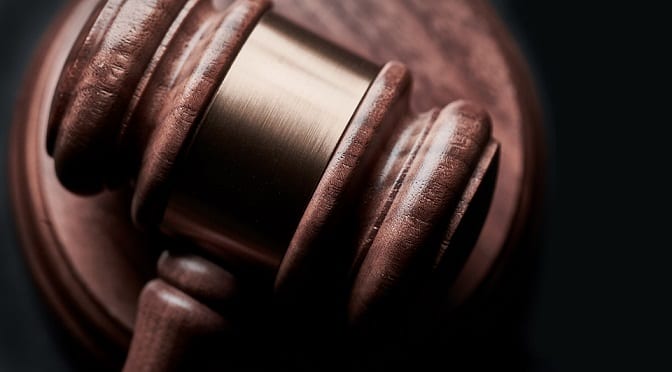The #FreeBritney campaign has made waves across social media over the past few months. Following the release of ‘Framing Britney Spears’, which documented her court battle against her father’s conservatorship, people across the world, including celebrities such as Paris Hilton and Miley Cyrus, have spoken out in support of the pop star.
With this major legal topic under public scrutiny, experts at The University of Law have looked at whether such legal complications exist, or could exist, in the UK.
What is a conservatorship?
In the U.S a conservatorship exists so that a legal parent or guardian may be granted management of the financial affairs or daily life of another person, if they become physically or mentally limited. This control is granted by a judge to the ‘conservatee’.1
It may be granted over someone who is of old age with conditions such as dementia, but also someone who is psychotic, suicidal or incapacitated.
Why does Britney Spears have a conservatorship?
In 2008, Britney was placed into a legal conservatorship by her father Jamie Spears, after medical professionals deemed her unfit to make her own personal and financial decisions. Prior to this, she had been hospitalised for psychiatric treatment following her infamous public breakdown.
Now, 13 years later, Britney and her lawyers believe that the conservatorship is too restrictive and must be amended to correctly reflect her current wellbeing and lifestyle.
Lawyers spoke out during a court proceeding to say that the pop star is afraid of her father and has said that she will not continue her career until her father is no longer involved in her affairs.2
Could it happen in the UK?
In the UK, there is a similar law under the name of a ‘deputyship’, in which someone is granted the ability to make decisions on behalf of someone lacking mental capacity. Control such as this can be applied for in the Court of Protection.3
Under UK law, you can apply for a deputyship over someone who has severe brain damage or illness, dementia or severe learning disabilities. This can also be granted under two types of deputies: property and financial affairs or personal wellbeing.4
Although a similar law exists, it is far more restricted than the US conservatorship. In the UK, the Mental Capacity Act (2005) ensures that such misuse of court power cannot happen, due to five main principles:5
1. Every adult must be assumed to have capacity unless proved otherwise.
2. An adult must be offered all possible help before they are considered unfit to make decisions.
3. A person has the right to make unwise decisions and should not lose this right.
4. Any decisions made under this act must be done in the individual’s best interest.
5. Anything done for the person should be the least restrictive of their basic rights and freedoms.
Aruna Verma, Programme Director at The University of Law, said: “What is happening to Britney Spears in the US is a complicated legal battle, with the media putting pressure on her father and judges to give her freedom. Everyone deserves to be heard in court and the right to control their own lives if deemed able, especially after so many years.
“The UK is fortunate to have a stricter legal system when it comes to this type of issue, with measures in place to protect the most vulnerable in our society. A deputyship is there to benefit those with suffering health, and the Mental Capacity Act ensures a situation as drastic as the Britney Spears case, would never be able to take place.”
To find out more about The University of Law, please visit: https://www.law.ac.uk/

| [donate]
| Help keep news FREE for our readersSupporting your local community newspaper/online news outlet is crucial now more than ever. If you believe in independent journalism,then consider making a valuable contribution by making a one-time or monthly donation. We operate in rural areas where providing unbiased news can be challenging. |



















